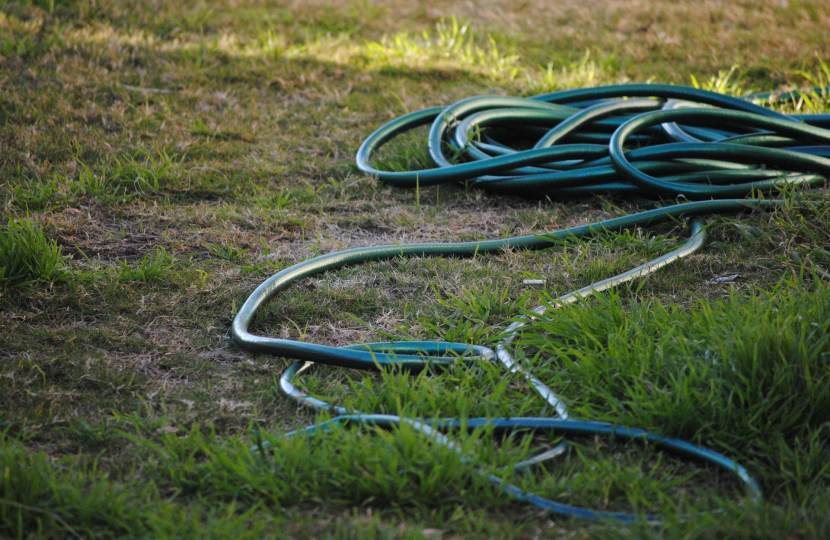
The recent record of hot weather and low rainfall is a reminder to us all that water is a precious commodity. We have had the driest summer for over fifty years and the driest July since 1935. This has led to considerable pressure on our reservoir levels across Cornwall with the Stithians reservoir at 44% capacity, while the Colliford reservoir is at 43% capacity.
The current conditions are very unusual, but we have systems in place to respond and they are working. In fact, the investment that has been made in recent years to reduce leaks and to improve the connectivity between reservoirs in parts of the country has been key to ensuring that our water supply has remained resilient. In 1976 when there was a dry summer, it was necessary to turn off the mains supply for part of the day in some parts of the country and to resort to standpipes in streets where people collected water. Such drastic measures have been avoided this time because of improvements made in recent years.
Last week I met representatives from all the main water companies to discuss their responses. Water companies have a duty to ensure adequate supply and they all have a drought response plan. They have assured me that essential supplies are safe, but the dry weather brings more challenges to the supply network. When you have very dry ground conditions you get ground movement and therefore new leaks. This is a natural consequence of prolonged dry weather that adds to the pressure. All of the water companies are therefore reporting an increased number in the number of leaks they have experienced, and all have responded by putting more repair crews on the task. The government continues to work, alongside the Environment Agency, to scrutinise that and closely monitor the situation.
However, many companies, including Southwest Water, have needed to introduce other temporary restrictions including so-called hose pipe bans. Starting from the 23rd of August, residents in Cornwall and parts of Devon will not be allowed to use a hose pipe. Although there is no risk to supplies for this year, the hose pipe bans being introduced are about protecting the water supply for next summer. If we have a dry winter following this dry summer, then supplies will be more vulnerable in 2023 so this is a sensible precaution and a small sacrifice to ensure that we act with caution after such a prolonged dry spell.
The Government is also taking action to build resilience in our water resources now and in the future. That is why we are requiring significant investment in our water infrastructure from water companies. Ofwat, the industry regulator, set out a £51 billion five-year investment package in its 2019 Price Review which included requirements for water companies to cut leaks by 16 per cent and reduce mains bursts by 12 per cent. Water companies are investing £469 million to investigate and develop options like new reservoirs, recycling and transfer schemes to ensure we have sufficient water supplies right across the country.
We have also published a draft National Policy Statement for water resources infrastructure to streamline the process of gaining planning permission for nationally significant water infrastructure projects such as new reservoirs or water recycling facilities. We expect this to be finalised later this year.

